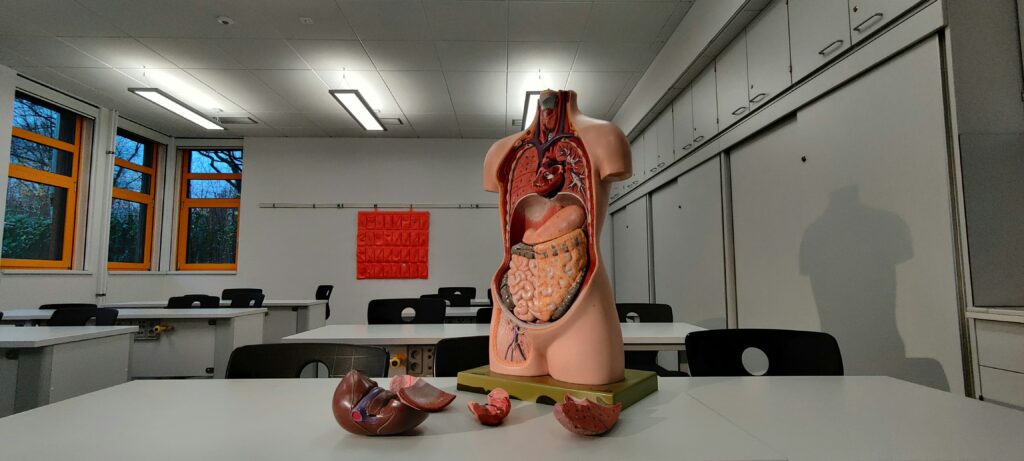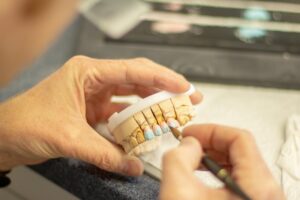Embarking on the journey to become a doctor is a dream for many individuals passionate about healthcare. However, for those with lower grades, the path to studying medicine can seem daunting. Despite the challenges, there are opportunities available in Europe for students with lower academic scores to pursue their aspirations of becoming healthcare professionals.
Understanding the Challenges
Students with lower grades may face obstacles when applying to medical schools, as many institutions have stringent academic requirements. The competitive nature of medical programs often emphasizes high grades in science subjects, such as biology, chemistry, and mathematics. Additionally, standardized tests, entrance exams, and interviews are commonly used to assess candidates’ academic abilities and suitability for medical studies.
Overcoming Academic Hurdles
While lower grades may pose initial challenges, there are strategies that aspiring medical students can employ to improve their chances of admission to European medical schools:
-
Focus on Academic Improvement
Dedicate time and effort to improving academic performance, particularly in science subjects relevant to medicine. Enroll in additional courses, seek tutoring, or participate in academic enrichment programs to strengthen knowledge and skills.
-
Highlight Other Qualities and Experiences
Emphasize other aspects of your academic and personal background that demonstrate your passion for medicine, such as volunteer work, extracurricular activities, research projects, or relevant work experience in healthcare settings. Admissions committees often value well-rounded candidates with diverse experiences and interests.
-
Consider Alternative Pathways
Explore alternative pathways to studying medicine, such as pre-medical programs, foundation courses, or diploma programs offered by European universities. These programs may provide opportunities to demonstrate academic potential and readiness for medical studies, even with lower grades.
-
Seek Support and Guidance
Seek guidance from academic advisors, mentors, or admissions counselors who can provide personalized advice and assistance throughout the application process. They may offer insights into specific medical schools’ admission criteria and recommend strategies for maximizing your chances of success. -
Research Admission Policies
Carefully research the admission policies of medical schools in Europe to understand their specific criteria for evaluating applicants. Some institutions may place less emphasis on academic grades and more on personal attributes, motivation, and potential for success in medical studies.
-
Prepare a Strong Personal Statement
Craft a compelling personal statement that highlights your passion for medicine, relevant experiences, and reasons for pursuing a medical career. Use this opportunity to articulate how your unique background and aspirations align with the values and mission of the medical school.
-
Consider Foundation Programs
Explore foundation programs offered by medical schools or universities in Europe. These programs are designed to prepare students for undergraduate studies in medicine and may provide a pathway for those with lower grades to demonstrate their academic potential and readiness for medical school. -
Demonstrate Continued Learning
Showcase your commitment to continuous learning and academic improvement. Engage in relevant coursework, online courses, or self-study initiatives to enhance your knowledge in science and healthcare-related subjects. Demonstrating academic growth and perseverance can strengthen your application. -
Seek Letters of Recommendation
Request letters of recommendation from teachers, mentors, or professionals who can attest to your academic abilities, character, and potential for success in medical studies. Choose individuals who know you well and can provide meaningful insights into your strengths and qualifications. -
Explore Transfer Opportunities
Investigate the possibility of transferring into a medical program after completing a certain period of undergraduate studies or foundation program. Some medical schools may offer transfer options for students who demonstrate academic progress and meet specific criteria.
Exploring Opportunities in Europe
Several European countries offer medical programs that welcome students with diverse academic backgrounds, including those with lower grades. By considering alternative pathways and demonstrating dedication and passion for the field of medicine, aspiring healthcare professionals can pursue their dreams of studying medicine in Europe:
-
Cyprus
Cyprus boasts medical schools such as the University of Nicosia Medical School and St. George’s University of London Medical Programme at the University of Nicosia, which offer English-taught medical programs. These institutions may consider a holistic approach to admissions, taking into account candidates’ overall academic profile and personal qualities.
-
Bulgaria
Institutions like Sofia Medical University in Bulgaria offer English-taught medical programs that may admit students based on a combination of academic performance, interviews, and other selection criteria. Students with lower grades can leverage their extracurricular activities and personal achievements to strengthen their applications.
-
Poland
Poland is home to medical universities such as the Medical University of Warsaw and Jagiellonian University Medical College, which offer English-taught medical programs. While academic performance is important, these institutions may also consider applicants’ motivation, communication skills, and suitability for the medical profession.
Studying medicine in Europe with lower grades may present challenges, but it is not insurmountable. By focusing on academic improvement, highlighting other qualities and experiences, considering alternative pathways, and seeking support and guidance, aspiring medical students can enhance their chances of admission to European medical schools. With dedication, perseverance, and a genuine passion for healthcare, students can pursue their dreams of becoming doctors and contribute to improving health outcomes globally.





